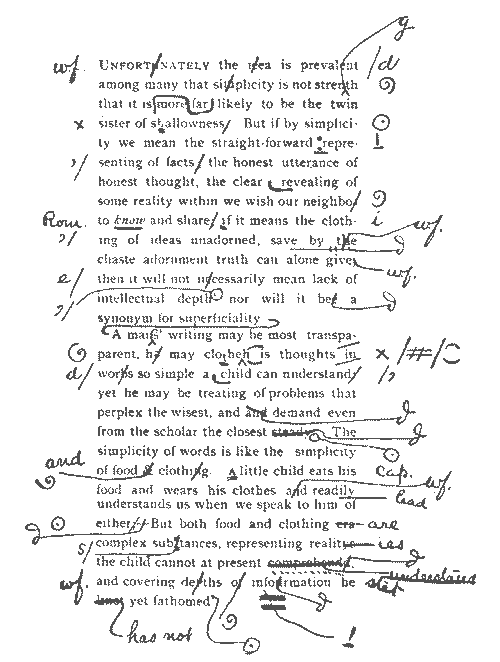
This is a redo of my previous post, “The ‘Accumulative Past’ Argument Against God’s Existence”. After some discussion on Facebook I decided to change it up. I thought #1 was a weak premise, even for a skeptic, seeing as time as we know it is an abstraction by itself, and if it’s applied to a transcendent being it pretty much loses enough meaning to really talk about it. But I decided to go with it since that was my initial thought.
Here’s the revamped argument:
1. For God to be God He must embody all the properties He has to the maximal degree.
2. The universe and things inside it (people, rivers, quarks) are all separate from God.
3. God plus the universe is greater than God.
4. Therefore, there is at least one property, the quantity or “amount” of being, that God (or “God”, now) does not hold in the maximal degree (1-3).
To put it in a single sentence: all of existence (God plus anything He has created) is greater than God alone, therefore existence itself, not God, is the holds the trophy for being the category holding the most “stuff” in it.
Still, this needs a lot of discussion, and I’m going to assume this has been thought of before in a different, more academically rigorous form. Stanford’s ontological arguments page should probably have it, but I have yet to really dive into it.
In the end, though, providing arguments for this or that logically when speaking of metaphysical truths butts up against boundaries but doesn’t break through. It can’t. The nature of God should be elusive; I personally wouldn’t be satisfied in believing in a god that is perfectly logical.